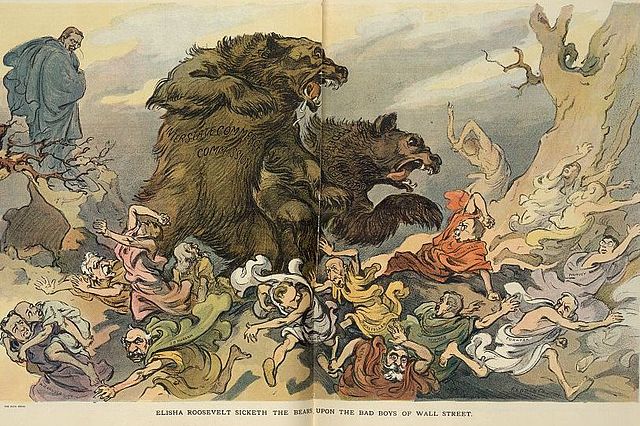Keys v. Carolina Coach Co.
Sarah Keys v. Carolina Coach Company, 64 MCC 769 (1955) is a landmark civil rights case in the United States in which the Interstate Commerce Commission, in response to a bus segregation complaint filed in 1953 by a Women's Army Corps (WAC) private named Sarah Louise Keys, broke with its historic adherence to the Plessy v. Ferguson separate but equal doctrine and interpreted the non-discrimination language of the Interstate Commerce Act of 1887 as banning the segregation of black passengers in buses traveling across state lines.
United States Army Photo of PFC Sarah Louise Keys
Carolina Trailways Bus Station, shown with a Carolina Trailways bus, in a postcard from the North Carolina State Archives
Keys' co-counsel Dovey Johnson Roundtree (1994 photo)
Interstate Commerce Commission
The Interstate Commerce Commission (ICC) was a regulatory agency in the United States created by the Interstate Commerce Act of 1887. The agency's original purpose was to regulate railroads to ensure fair rates, to eliminate rate discrimination, and to regulate other aspects of common carriers, including interstate bus lines and telephone companies. Congress expanded ICC authority to regulate other modes of commerce beginning in 1906. Throughout the 20th century, several of ICC's authorities were transferred to other federal agencies. The ICC was abolished in 1995, and its remaining functions were transferred to the Surface Transportation Board.
A 1914 cartoon shows railroad companies asking the ICC (depicted as Uncle Sam) for permission to raise rates, while the ghost of a horrified William Henry Vanderbilt looks on.
A Puck magazine cartoon from 1907 depicting two large bears named "Interstate Commerce Commission" and "Federal Courts" attacking Wall Street.





